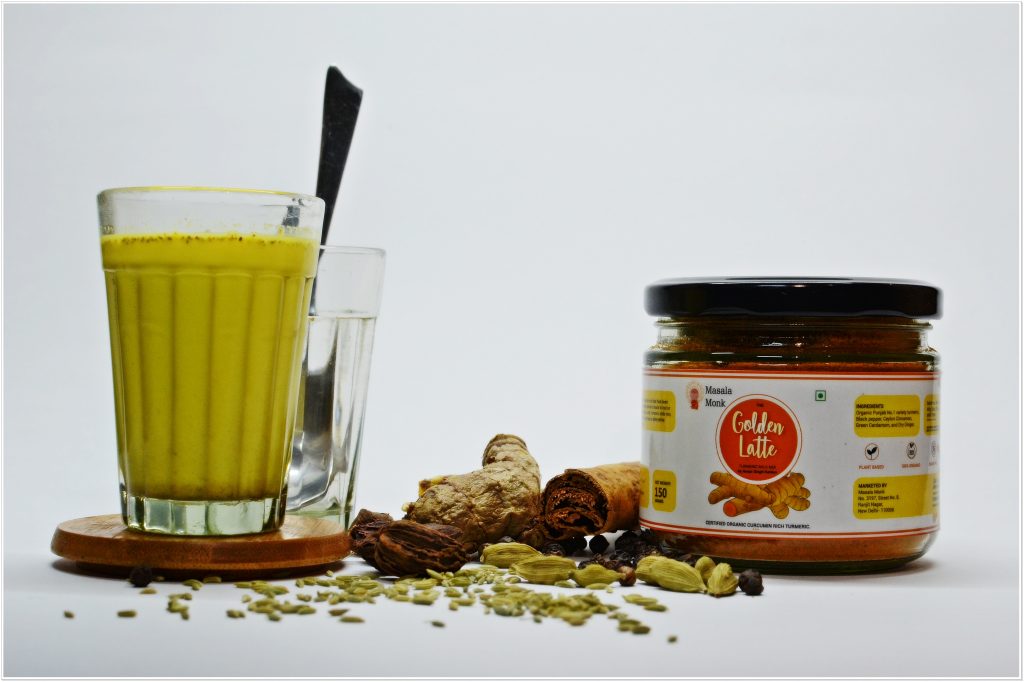
In the realm of natural remedies for mental health, curcumin emerges as a beacon of hope. This vibrant component of turmeric, long revered in traditional medicine, is making waves in modern mental health care. With its potent anti-inflammatory and antioxidant properties, curcumin holds the promise of a natural, holistic approach to combating depression. Let’s explore how this golden spice can illuminate the path to better mental health.
The Science Behind Curcumin and Depression
Depression, a complex beast of a disorder, involves various biological pathways, including inflammation, oxidative stress, and neurotransmitter imbalances. Curcumin, with its multi-pronged effects, steps into this battleground with an arsenal that could influence these pathways, offering a glimmer of relief where traditional medications may falter.
- Anti-inflammatory Action: Chronic inflammation is a shadow over the landscape of depression. Curcumin, with its ability to dampen inflammatory cytokines, may help lift this veil, offering respite to those battling persistent sadness and disinterest.
- Antioxidant Power: The oxidative stress associated with depression meets its match in curcumin. By neutralizing free radicals and boosting the body’s own antioxidant defenses, curcumin could potentially protect against the cellular damage tied to depressive symptoms.
- Neurotransmitter Balance: Curcumin’s influence extends to the delicate balance of neurotransmitters, including serotonin and dopamine, often dubbed the ‘feel-good’ chemicals of the brain. By modulating these neurotransmitters, curcumin may brighten the outlook for those engulfed in the fog of depression.
Integrating Curcumin into Mental Health Care
While curcumin is not a panacea and should not replace conventional treatments, its role as a complementary approach offers intriguing possibilities:
- Dietary Incorporation: Adding turmeric to your diet is a simple way to ingest curcumin. Though the concentration in culinary turmeric is low, every bit counts towards harnessing its benefits.
- Supplementation: For a more potent dose, curcumin supplements, often enhanced with absorption-boosting ingredients, can provide a direct route to its antidepressant effects. However, navigating the world of supplements requires care to choose high-quality, bioavailable options.
- Holistic Approach: Embracing curcumin as part of a holistic strategy, alongside exercise, adequate sleep, and stress management techniques, can amplify its benefits, setting the stage for a comprehensive battle plan against depression.
Curcumin Dosage: A Balancing Act
Determining the optimal dosage of curcumin for depression remains an area ripe for research. Clinical studies vary widely in their dosage recommendations, with most suggesting a range from 500 to 1000 milligrams per day. Consultation with a healthcare provider is crucial to tailor the dosage to your unique health profile and needs.
The Road Ahead: Curcumin in Clinical Research
The promise of curcumin in treating depression is backed by a growing body of research, yet the journey is far from complete. Meta-analyses and clinical trials underscore its potential, but the call for more robust, large-scale studies is loud and clear. As our understanding deepens, so too will our ability to harness curcumin’s full potential in mental health care.
A Brighter Tomorrow with Curcumin
Curcumin’s journey from a humble kitchen spice to a contender in mental health treatment highlights the power of nature in healing. Its multifaceted effects on depression’s complex web offer a hopeful perspective for those seeking alternatives or complements to traditional therapies. As research evolves, curcumin stands poised to shine its golden light on the shadows of depression, offering a path to brighter days ahead.
In embracing curcumin, we find not just a spice, but a symbol of the broader quest for holistic well-being, blending ancient wisdom with modern science in the continuous pursuit of mental health.











